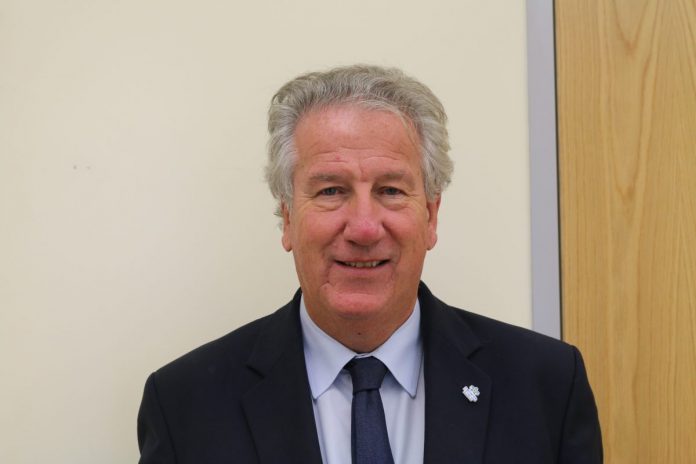David Mowat, Under-Secretary of State for Community Health and Care at the Department of Health, highlights the Carers Strategy, and how it gives carers the recognition and support they deserve…
As a constituency MP I meet a whole array of people who need my help and support: a woman caring for her husband who has dementia, or a father with his autistic child. They form part of a silent army of carers, who do what they do because they love the person they care for. Many don’t even see themselves as carers.
With an ageing population, the demands on our health and care system are growing. The incredible job that these unpaid carers do, supplementing services and giving their own time to provide much-needed support, will only become more important. But who is caring for the carers?
I was appointed this summer as the Minister for Community Health and Care – and I am determined to use this post to make sure our new Carers Strategy is as ambitious, effective and comprehensive as it can possibly be.
When we launched our call for evidence in March, we wanted to understand the reality of being a carer in England – what people need and want, to help them continue to care while leading fulfilling and happy lives. Clear themes have emerged from the call for evidence.
Carers have said that they often feel that health and care professionals do not involve them in discussions about their loved ones’ care, despite them often having the best insight. Wider than this, there seems to be a more general sense that society as a whole does not recognise or value their caring role. Carers often feel hidden away and forgotten by communities.
Many carers disregard their own health needs because of their continuing focus on the person they care for. By the time they seek help, it is so often in a moment of crisis.
Carers deserve and want a life outside of caring, and yet the reality is that so many miss out on opportunities – whether it be keeping a job that allows them the flexibility to carry on caring, continuing education, or even maintaining friendships.
Even though personal sacrifices are made each and every day, many carers have told us that they derive immense satisfaction from being the primary source of comfort for friends or loved ones. This satisfaction though must not be at the expense of their own mental and physical health.
We’ve listened to carers, and the professionals in health and social care they so often interact with, and it’s now my responsibility to deliver a strategy that can have a meaningful impact on their lives.
Our wide-ranging strategy will look at everything from how we can make the whole health service more carer friendly, to how we support carers to balance caring and employment in the way they would wish. And it will also consider how we can make sure young carers are aware of and benefitting from all the support available.
But in order to deliver meaningful change for carers, all of us – government, health and care services, employers, or those working directly with carers and their families – have a role to play in leading the change we want to see. This means working imaginatively, and in partnership, to remember the needs of carers in all we do.
It is my hope that the strategy will bring us a step closer to a society where all carers get the recognition and support they deserve, to help them and their loved ones live better, more fulfilling lives.
David Mowat
Minister for Community Health and Care
Department of Health











